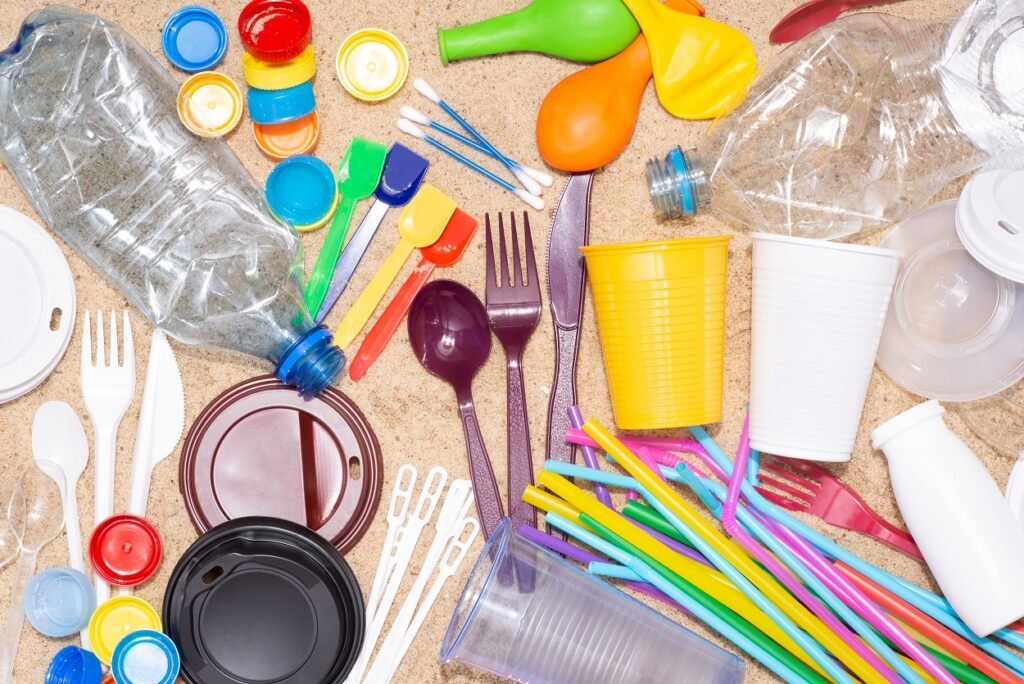On August 23, 2021, the Ministry of the Environment (MOE) of Japan held a meeting of the Subcommittee on Plastic Resource Circulation (a committee established under the Working Group for a Circular Economy of the Central Environment Council[1]). The meeting deliberated the details of drafted cabinet order, ministerial order and public notification to implement the Act on Promotion of Resource Circulation for Plastics (hereinafter “the Act”). Specifically, the following matters were discussed.
- Guidelines for design of plastic-containing products
- Rational use of specified plastic-containing products
- Sorted collection and recycling by municipalities
- Voluntary collection and recycling by manufacturers, etc.
- Waste reduction by waste generating businesses (judgment criteria)
- Recycling by waste generating businesses (Recycling Business Plan)
Guidelines for design of plastic-containing products
The government will establish guidelines for design of plastic-containing products pursuant to Article 7 of the Act. Manufacturers of plastic-containing products are encouraged to comply with the guidelines, and if they meet the guidelines, they can earn certification. In order to earn this certification, manufacturers must comprehensively evaluate the environmental impact of their plastic-containing products throughout their life cycles, disclose their efforts on this evaluation, and comply with the product design standards set for each product category.
Rational use of specified plastic-containing products
Products that are distributed free of charge and that are consumed in large quantities will be designated as “specified plastic-containing products.” Use of such products must be rationalized. At the meeting, the following 12 types of products were listed as candidates for the specified plastic-containing products.
-
- Forks
- Spoons
- Knives
- Muddlers
- Straws
- Hairbrushes
- Combs
- Shaving razor
- Shower caps
- Toothbrushes
- Clothes hangers
- Clothes covers
Business entities (retailers, service providers, etc.) that provide specified plastic-containing products to consumers must set targets to reduce the amount of such products consumed and accordingly implement some of stipulated measures (e.g., charging a fee, disseminating information, etc.). In addition, businesses that provide more than 5 tons of specified plastic containing products per year are designated as a “large quantity supplier of specified plastic products.” If their efforts for rationalizing the use of such products are insufficient, they will be subject to recommendations for improvement by authority, publication of their names, and/or other measures for improvement.
Details of the Council can be viewed at:
https://www.env.go.jp/council/03recycle/10_1.html (In Japanese only)
Materials detailing the draft cabinet order, ministerial order, and public notification for implementation of the Act can be viewed at:
https://www.env.go.jp/council/03recycle/20210823_01.pdf (In Japanese only)
EnviX Comment
In Japan, mandatory charging for plastic shopping bags has started on July 1, 2020, at all retailers including supermarkets. As described above, based on the discussion at this subcommittee, the scope of charged plastic products may be expanded to other products. However, under the current and proposed schemes, retailers are allowed to choose options other than charging for the target plastic products (e.g., using alternative materials). So, what options major retailers and food/beverage stores will choose should be the key issue. The regulatory control of plastic products is a topic of great interest in Japan as seen in the rapid and extensive media coverage in the country.
[1] A Council established under Article 41 of the Basic Environment Act. It investigates and deliberates on important matters related to environmental conservation pursuant to the Basic Environment Plan and submits its findings and opinions to the Prime Minister and the Minister of the Environment. The Council currently comprises nine working groups and its members consist of representatives from academia, NGOs, and industry.
 MOEJ unveils outline of draft implementing rules for Act on Plastic Resource Circulation
MOEJ unveils outline of draft implementing rules for Act on Plastic Resource Circulation 

























